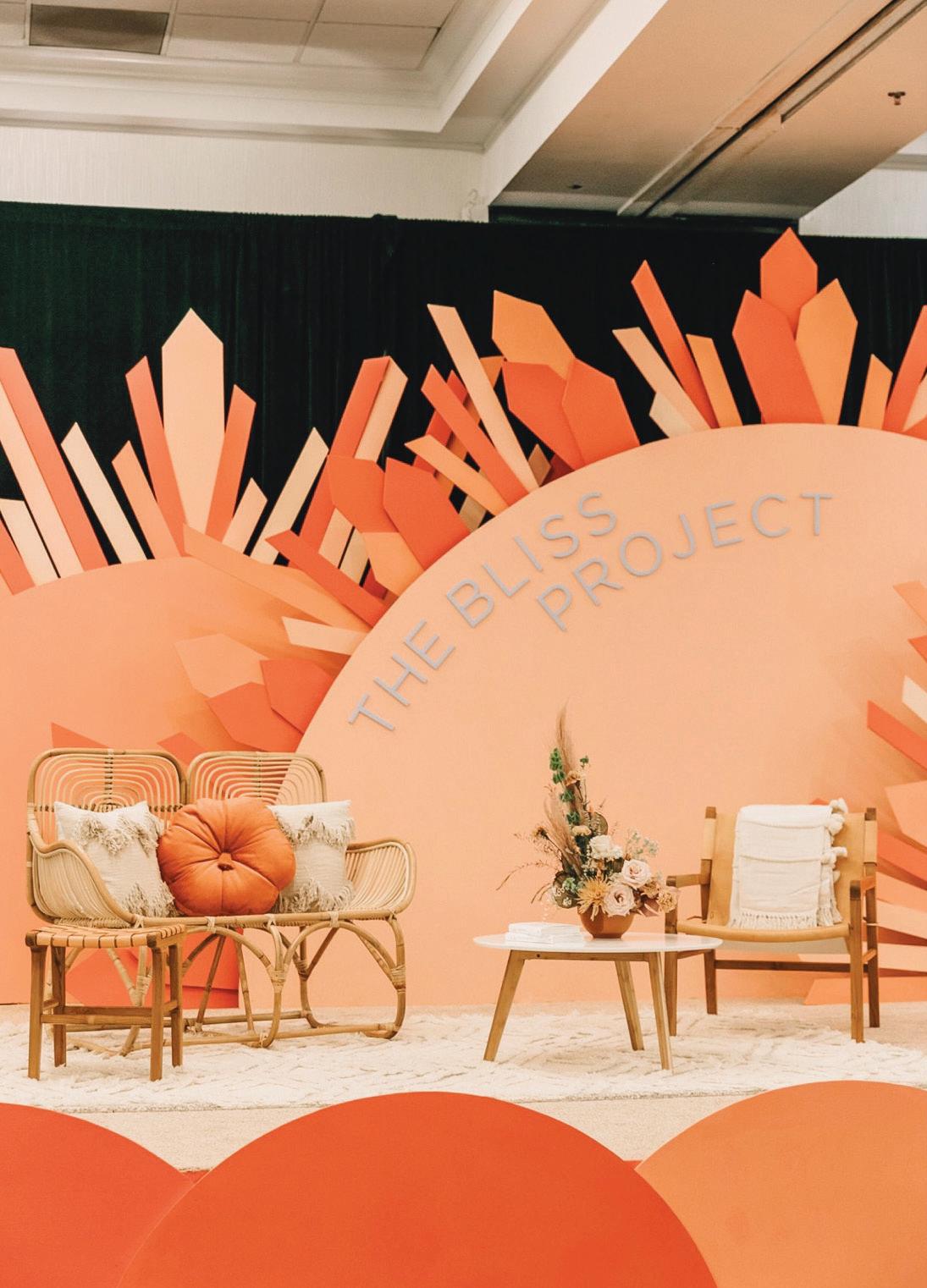
4 minute read
Plants & Pets
How Toxic Plants Affect Our Four-legged Friends
Written by Kelsie Stevens Illustration by Lauren Sawdey
Advertisement
Draped around a crowded living room sits an array of vibrant green plants: pothos, monstera, ZZ plants and cuttings galore, with leaves falling off bookshelves and vines stretching into the air. To plant lovers everywhere this sounds like a heavenly scene, but to those with beloved pets, this screams ‘beware.’
Since the start of the COVID-19 outbreak, people have begun adapting the plant scene within their own homes in hopes of connecting to nature in a new way. Due to COVID regulations on outdoor activities, people are using the hobby of plant keeping to reconnect themselves to the outdoors. As plant keeping rises in popularity, newcomers to the hobby are offered easy and reliable plants that are readily available at any plant store. However, without the proper research these new plant parents may be poisoning another household presence – their pets.
Many popular household plants contain chemicals that when ingested by pets can lead to a number of health issues such as vomiting and diarrhea. Although these may be treatable, after prolonged exposure animals could have severe injuries or even die due to these issues. There are also a number of plants containing chemical toxins which can directly lead to death. One of the most common among these pants is a peace lily, which is highly dangerous to both humans and animals if ingested.
Plants have made their way up to #8 on the list of top ten substances most toxic to pets, according to the American Society for the Prevention of Cruelty to Animals. Plants make up 6.1% of the cases involving pet poisonings and plant related products make up another 7.5% of these cases. With this issue on the rise, those within the plant community have begun expressing concerns and hope to educate those new to the hobby. One member of this community is Tara Duncan, an environmental science major and environmental/botany club president. She has dealt with these issue first hand.
Duncan and her black and white cat, Mabel, both share a love of plants. But since getting Mabel, Duncan has had to change her plant keeping lifestyle drastically. Duncan stresses that both plant and pet keeping come with compromise. “There are a lot of plants that I would like to have but can’t because my cat would die. I have found a lot that I’ve come to like: a china doll plant, an areca palm, money tree, ect.” Duncan says.
Since she lives in a shared space, Duncan and her roommates have designated areas where toxic plants live and pets do not, providing the pet with safe spaces. Duncan says that the most important thing one can do is research, “When I go plant shopping and I see a plant I like, I google it to see if it is cat-safe or look at the ASPCA website that has a list of plants that are toxic and non-toxic.”
Despite these many fears, some in the plant keeping business press their consumers not to worry. “From my experience, most animals cannot eat enough of something to hurt themselves” says Pete Liston, horticulture specialist and owner of 7 Oaks Plant Nursery located in Corona, CA. Liston says that roughly 90% of plants are toxic, making the idea that you should regulate what you buy something of myth. According to Liston, even if pets are around toxic plants, the possibility of them causing death is highly unlikely.
However, a pet’s health and safety is still a top priority for pet owners. A local plant shop in downtown Riverside called Piep conducted an interview via Instagram live on Mar. 5th, 2021 with a veterinarian. The owner of Piep, Mackena Rowley, asked this veterinarian just how much toxic plants affect pets. During this interview, Rory Cowlam, a five-year veterinarian in London known as Rory the Vet, states that even though the number of pets who get fatally sick from plants is low, he has witnessed multiple cats die from toxic plants.
Cowlam advises pet owners not to be extremely worried, but to still take precautions. Colwam highlights that pet owners come into the vet at least once a week with concerns regarding toxic plants, but a majority of those visits consist of giving advice to plant and pet owners rather than treating serious sickness. One thing Cowlam consistently warns his patients of is the toxicity of lilies to cats. “If you own a cat, you do not have lilies in your house, period. Cats can get life-threatening diseases from just a bit of pollen from lilies on their coat,” Cowlam says.
When conducting this research it’s important for plant parents to go to a professional source. ASPCA holds a number of online resources, but local shops can help. Some in the plant keeping business have kept this issue in mind and are helping their customers avoid it. Those who wish to stay on the safe side can talk to the shop employees for advice on what is pet safe. This form of research not only allows plant parents to shop safe but to also to support local businesses.
On their Instagram account, @piep.co, this business provides a full list of plants that are toxic for pets as well as plants that are safe for pets. Their website also contains a Plant Parenthood Guide for all plant owners which includes a full collection of care tips for plants. Within this guide, there is a list of specific instructions for nearly every type of plant sold at the shop. This is a great place for new plant-owners with pets to start. ◆










